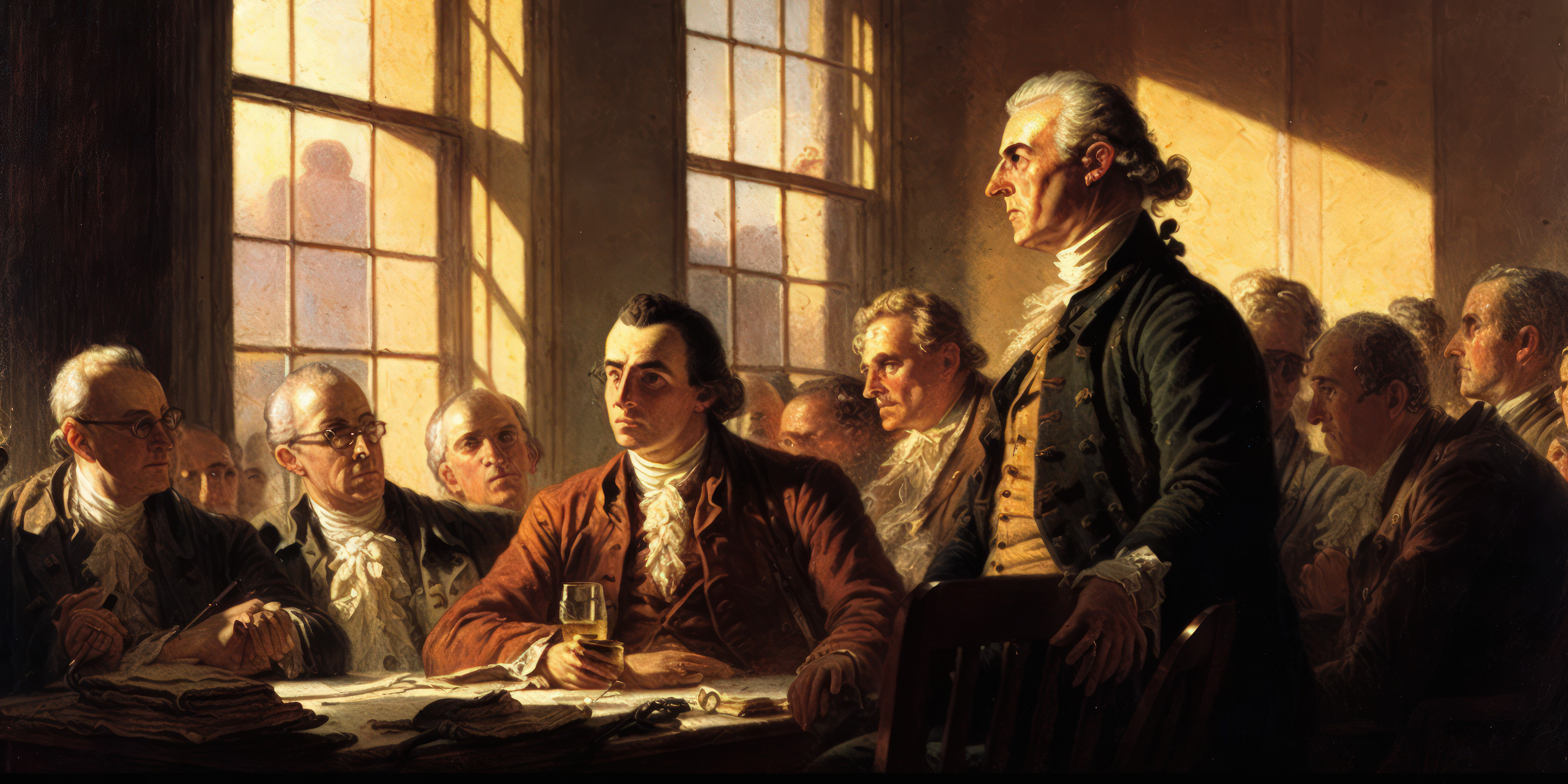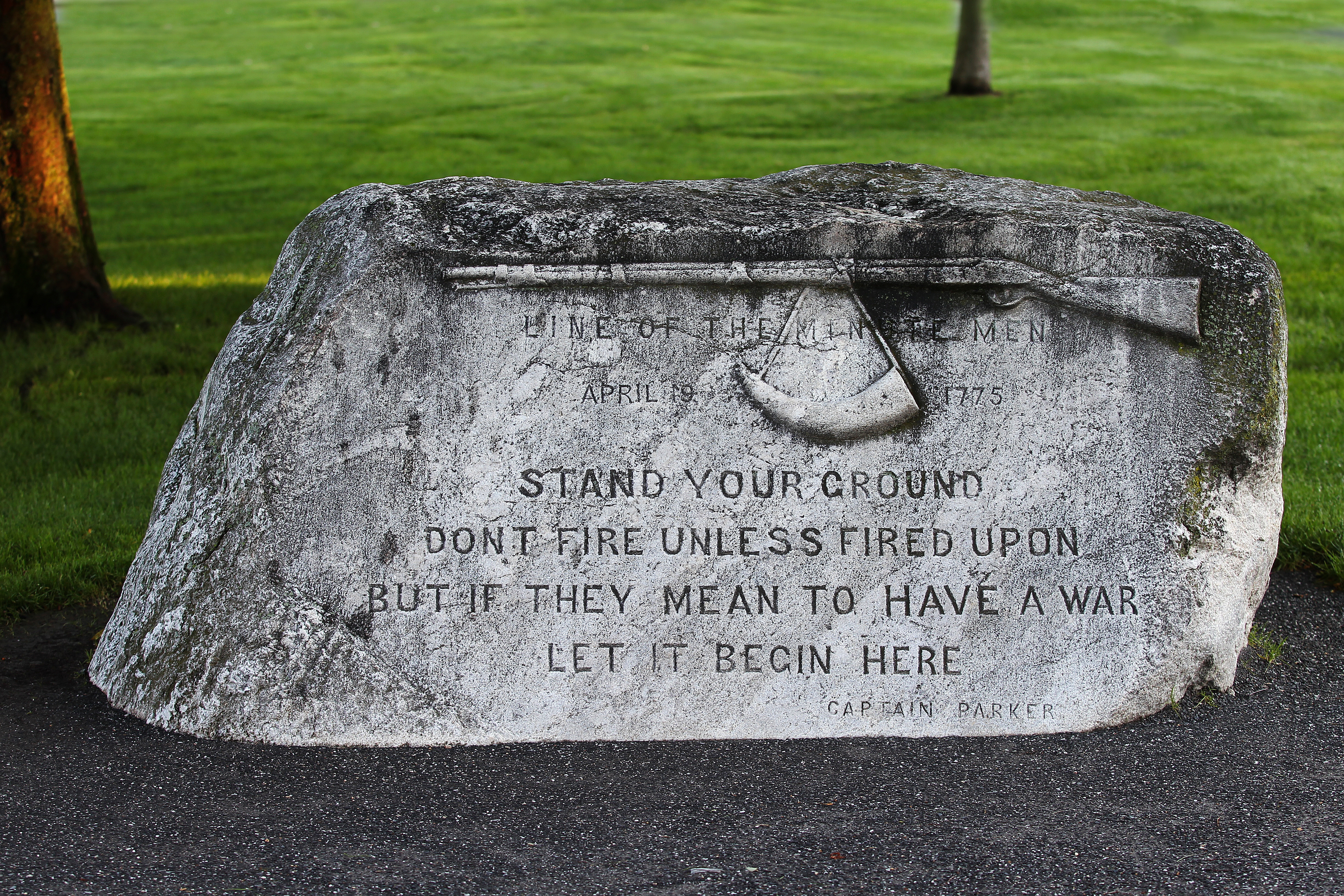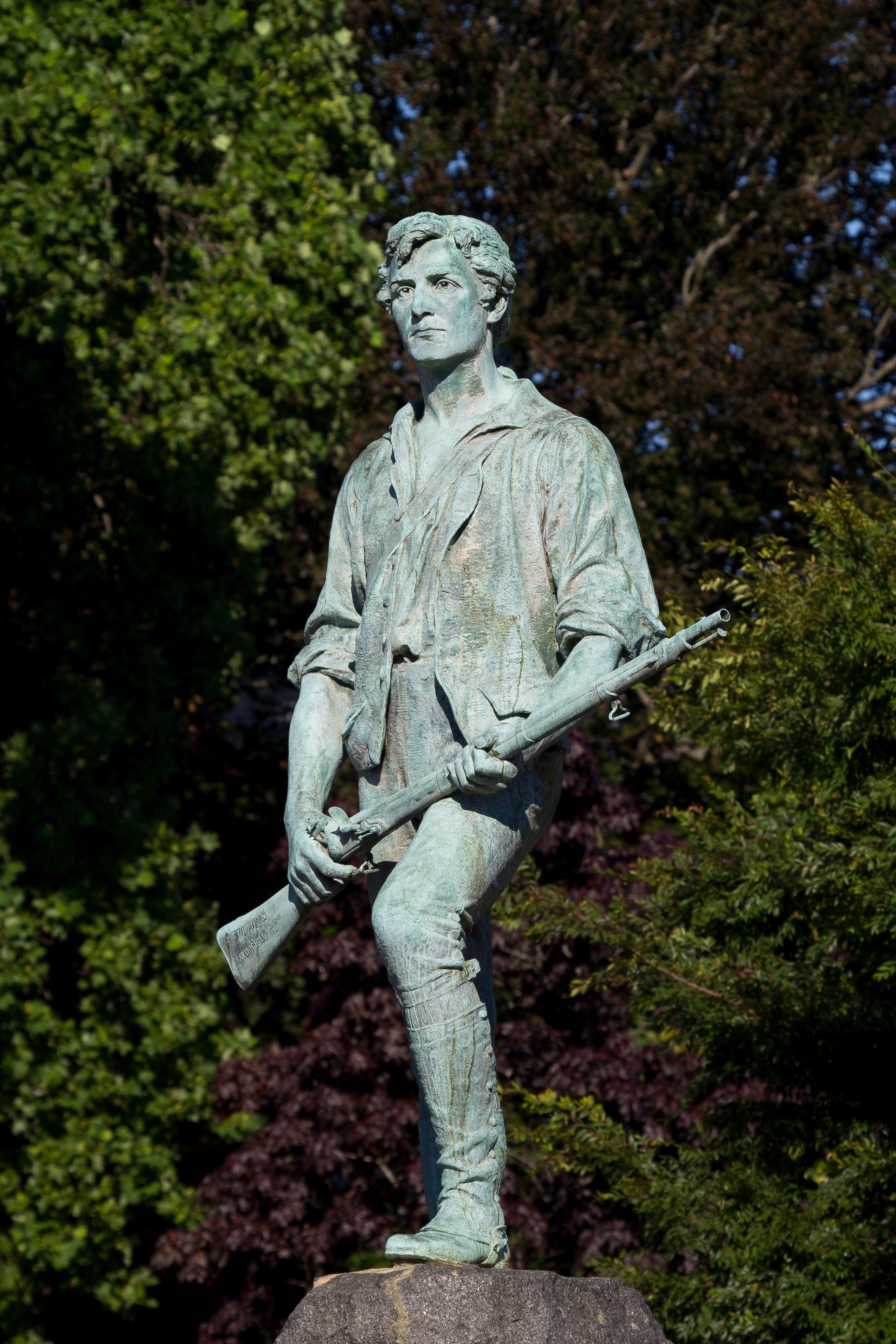The Founding Fathers After the Revolutionary War
Posted by Josh B., Iron Pig Armament Contributor on 1st Jul 2023

The Revolutionary War marked a turning point in American history, where a group of visionaries and intellectuals spearheaded a movement for independence from British rule. These individuals, commonly referred to as the Founding Fathers played a pivotal role in establishing the United States of America. But what happened to these extraordinary men after the war that changed the course of a nation? This article offers a glimpse into the lives and legacies of the Founding Fathers following the Revolutionary War.

Life After Independence
For many of the Founding Fathers, life after the Revolutionary War was marked by a relentless pursuit of nation-building and the implementation of democratic principles.
George Washington, the commander-in-chief of the Continental Army, went on to become the first President of the United States. His leadership and commitment to the nation's unity set the stage for the presidency and shaped the office for generations to come.
Thomas Jefferson, the principal author of the Declaration of Independence, played a significant role in shaping the young nation. He served as the United States' third president and is best known for his contributions to the expansion of the country through the Louisiana Purchase. Jefferson's intellectual prowess and his dedication to democracy earned him a prominent place in American history.
John Adams, the second President of the United States, played a vital role in diplomatic negotiations with foreign powers after the Revolutionary War. He was instrumental in securing vital alliances and treaties, which helped solidify the United States' position as a respected nation on the world stage. Adams' contributions to the nation's early diplomacy were invaluable. Legacy and Influence: Beyond their immediate contributions, the Founding Fathers left a lasting legacy that shaped the course of the nation for centuries.
Benjamin Franklin, for example, was not only a prominent statesman but also a prolific inventor, scientist, and writer. His experiments with electricity, his influential Poor Richard's Almanack, and his efforts as a diplomat in France all contributed to his enduring reputation as a polymath and an embodiment of the American spirit of ingenuity.
Alexander Hamilton, one of the key architects of the U.S. Constitution, played a crucial role in shaping the economic foundations of the new nation. As the first Secretary of the Treasury, Hamilton advocated for the establishment of a strong central government and laid the groundwork for the nation's financial system. His vision for a prosperous and industrialized America continues to resonate today.

The Founding Fathers' commitment to the ideals of liberty and equality also influenced subsequent generations. Their belief in the importance of individual freedoms and the system of checks and balances laid the foundation for the American experiment in democracy. Their writings, including the Federalist Papers, continue to guide legal and political discourse in the United States.
Conclusion
The lives and legacies of the Founding Fathers after the Revolutionary War are a testament to their enduring impact on American history. From George Washington's presidency to Thomas Jefferson's contributions to expansion and diplomacy, these men played instrumental roles in shaping the young nation. Their intellectual contributions, principles, and dedication to democracy laid the foundation for the United States growth and influence.
As we reflect on the history of the United States, it is essential to recognize the profound influence and lasting legacy of the remarkable individuals who charted the course of the nation during and after the Revolutionary War.
